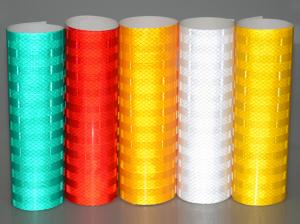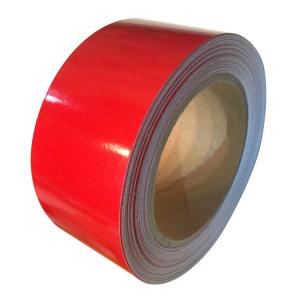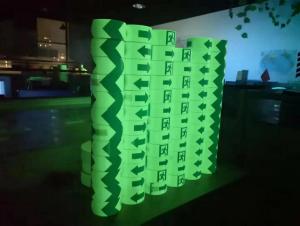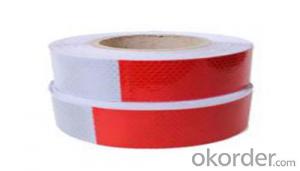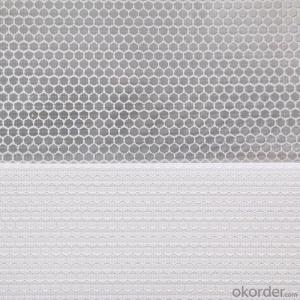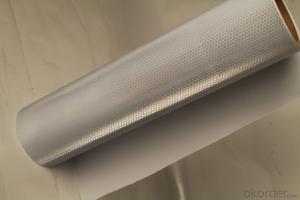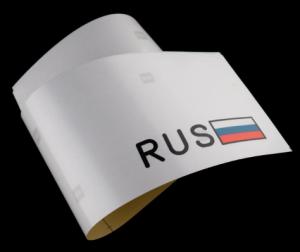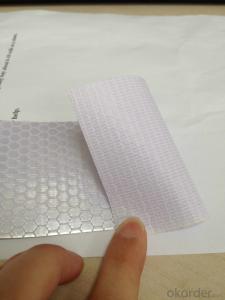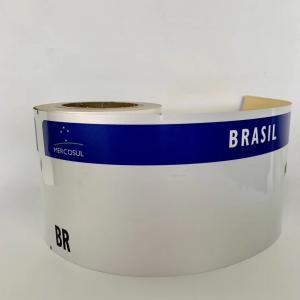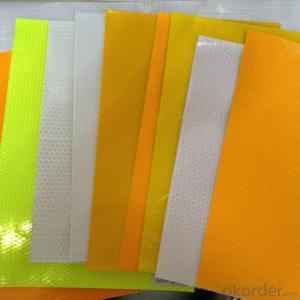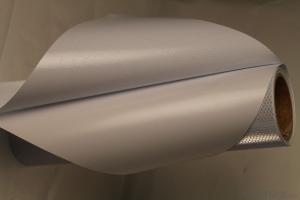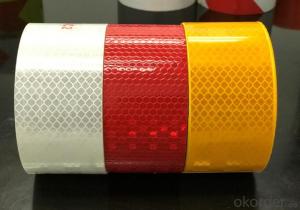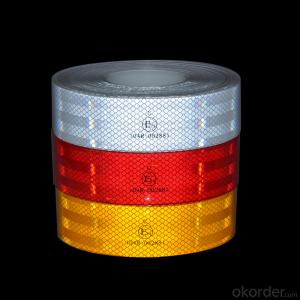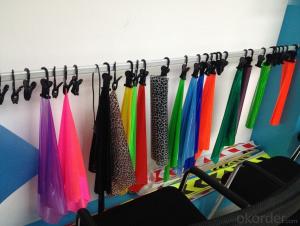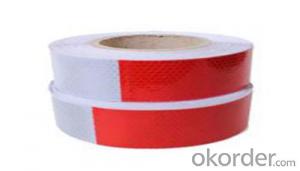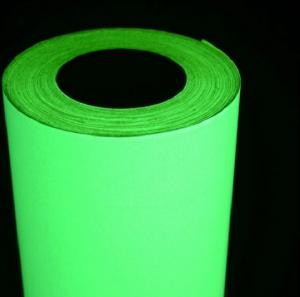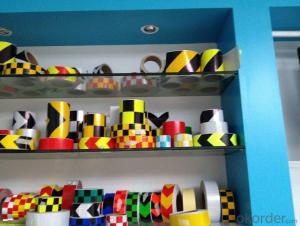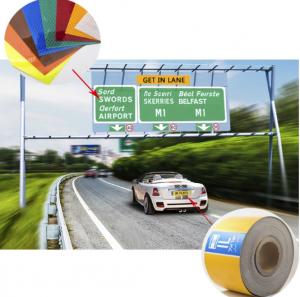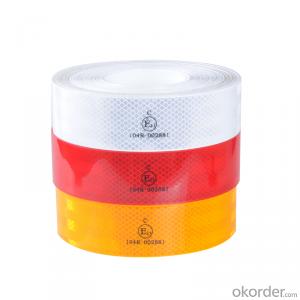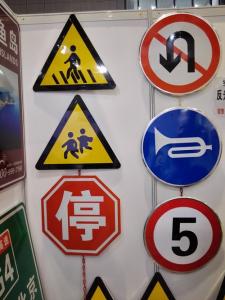All Categories
- - Steel Wire Rod
- - Steel Coils
- - Steel Profiles
- - Steel Pipes
- - Stainless Steel
- - Tinplate
- - Special Steel
- - Steel Sheets
- - Steel Rebars
- - Steel Strips
- - Hot Rolled Steel
- - Cold Rolled Steel
- - Pre-painted Steel
- - Seamless Steel Pipe
- - Welded Steel Pipe
- - Hollow Steel Tubes
- - Galvanized Pipe
- - Stainless Steel Coil
- - Stainless Steel Sheet
- - Stainless Steel Plate
- - Stainless Steel Strips
- - Electrolytic Tinplate Coil
- - Electrolytic Tinplate Sheet
- - Stainless Steel Rebars
- - Solar Panels
- - Solar Water Heater
- - Solar Related Products
- - Solar Inverter
- - Solar Cells
- - Solar Light
- - Solar Energy Systems
- - Solar Controllers
- - Solar Mounting System
- - Solar Pump
- - Solar Chargers
- - Fiberglass Chopped Strand
- - Fiberglass Mesh Cloth
- - Composite Pipes
- - FRP Pultrusion Profiles
- - Fiberglass Mat Tissue
- - Fiberglass Fabrics
- - Fiberglass Mesh
- - Composite Tank
- - Fiberglass Mesh tape
- - Polymer
- - FRP Roofing Panel
- - Fiberglass Roving
- - Monolithic Refractories
- - Ceramic Fiber Products
- - Refractory Bricks
- - Raw Materials For Refractory
- - Suspended Platform
- - Cranes
- - Concrete Machinery
- - Earthmoving Machinery
- - Building Hoist
- - Road Building Machinery
- - Plastic Pipe Fittings
- - Plastic Tubes
- - Plastic Sheets
- - Agricultural Plastic Products
- - Plastic Nets
 All Categories
All Categories
Q & A
What are the different durability ratings for reflective material?
The different durability ratings for reflective material can vary depending on the specific type and intended use. Common durability ratings for reflective materials include Class 1, Class 2, and Class 3, with Class 1 being the least durable and Class 3 being the most durable. These ratings are often determined by factors such as the material's ability to withstand harsh weather conditions, abrasion resistance, and overall longevity.
Does reflective material have any effect on temperature regulation?
Yes, reflective material can have an effect on temperature regulation. Reflective materials, such as those used in insulation or heat-reflective clothing, can help to reduce heat transfer by reflecting sunlight and preventing the absorption of heat. This can result in lower temperatures in the surrounding environment or improved thermal comfort for individuals wearing such materials.
Can reflective material be washed?
Yes, reflective material can be washed.
Can reflective material be washed or cleaned?
Yes, reflective material can be washed or cleaned. However, it is important to carefully follow the instructions provided by the manufacturer to avoid damaging the material.
Wholesale Reflective Material from supplier in Tuvalu
Some possible improvements to the response could be:
- Providing specific examples of the reflective material products offered and their applications in Tuvalu.
- Highlighting any unique features or benefits of the reflective material products.
- Mentioning any certifications or quality control measures in place to ensure the reliability and durability of the products.
- Emphasizing the company's commitment to customer service and after-sales support.
- Including testimonials or case studies from satisfied customers in Tuvalu.
- Offering competitive pricing or special promotions for customers in Tuvalu.
- Providing contact information or a call-to-action for interested customers to inquire or place orders.
- Providing specific examples of the reflective material products offered and their applications in Tuvalu.
- Highlighting any unique features or benefits of the reflective material products.
- Mentioning any certifications or quality control measures in place to ensure the reliability and durability of the products.
- Emphasizing the company's commitment to customer service and after-sales support.
- Including testimonials or case studies from satisfied customers in Tuvalu.
- Offering competitive pricing or special promotions for customers in Tuvalu.
- Providing contact information or a call-to-action for interested customers to inquire or place orders.
